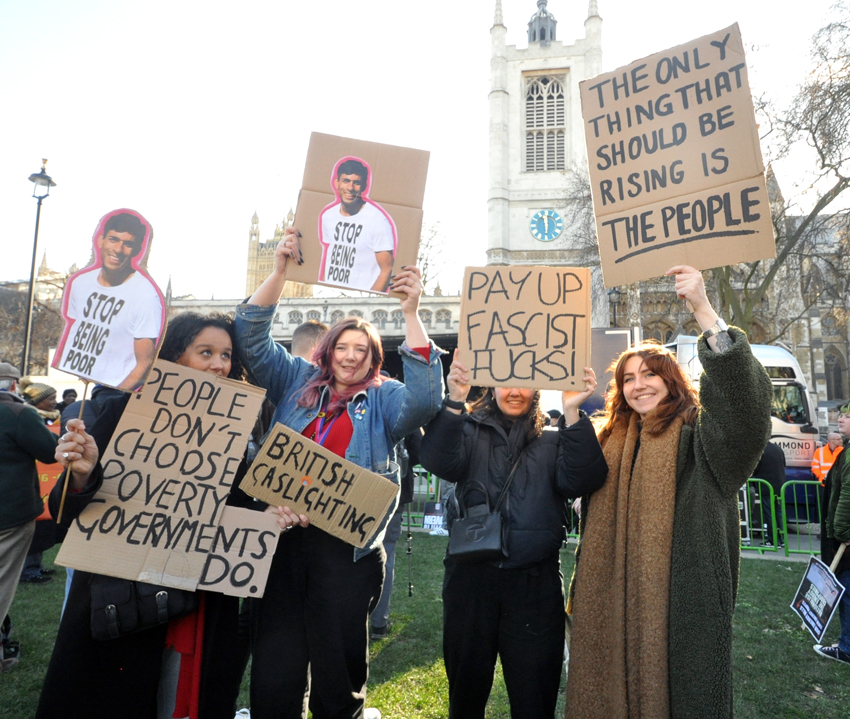
A 3.1% RISE in the state pension and various benefits has now taken effect but charities have warned it fails to tackle an even bigger rise in the cost of living. Official figures show that prices are rising twice as fast, and are expected to accelerate further.
Late last year, ministers decided to temporarily cut the state pension’s link to average earnings, which would have led to an 8% rise now.
They have pledged to reinstate the so-called pension ‘triple lock’ in future years.
However, prices are rising at their fastest rate for 30 years, with costs going up across a variety of sectors of the economy.
This increase in the cost of living is measured by the rate of inflation, which official forecasters expect to peak at close to 9% later this year owing mostly to more expensive gas and electricity bills.
Official statisticians and a range of economists have said that those on the lowest incomes are likely to be hit hardest by the rising cost of living.
Dame Clare Moriarty, chief executive at Citizens Advice, said: ‘We’ve heard stories of families resorting to heating up tins of beans over a tealight, or choosing between giving their kids a hot bath at bedtime and putting on the heating for an hour while they dress for school. With energy bills rocketing this month, things will only get worse.
‘At the bare minimum, the government should reconsider and increase benefits by the current inflation rate to help people keep up with the rapidly rising cost of living. And as costs continue to soar, they must bring in further support to stop more households being pushed into hardship.’
- The UK’s economic growth slowed in February following a sharp fall in the production of cars and computer goods.
The Office for National Statistics (ONS) said the economy expanded by 0.1% compared with 0.8% in January.
‘The pace of the recovery was already going to slow once the post-Omicron bounce faded and the squeeze on household real incomes intensified,’ said Ruth Gregory, senior UK economist at Capital Economics.
‘But we hadn’t expected it to slow so much so soon.’
Alpesh Paleja, lead economist at the CBI, a business lobby group, said: ‘Near-term challenges to the outlook have ramped up since, with a growing cost-of-living crunch set to weigh on growth.’
The ONS said the fall in industrial production was due to a 5.4% drop in the manufacture of transport equipment ‘driven entirely by the fall in manufacture of cars’.
It added that production of computer and electronic products had fallen in February.
Barret Kupelian, senior economist at the accountancy firm PwC UK, said: ‘Manufacturing is also likely to face headwinds due to high energy prices as it consumes above average energy per unit of GDP and we will see this reflected in future data releases.’